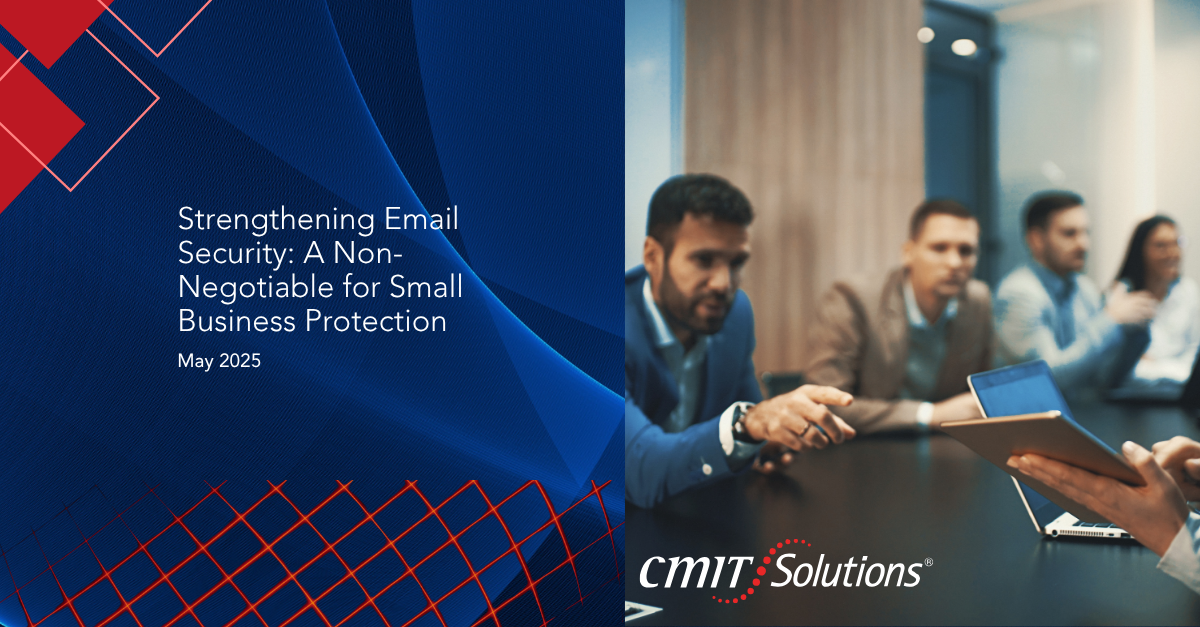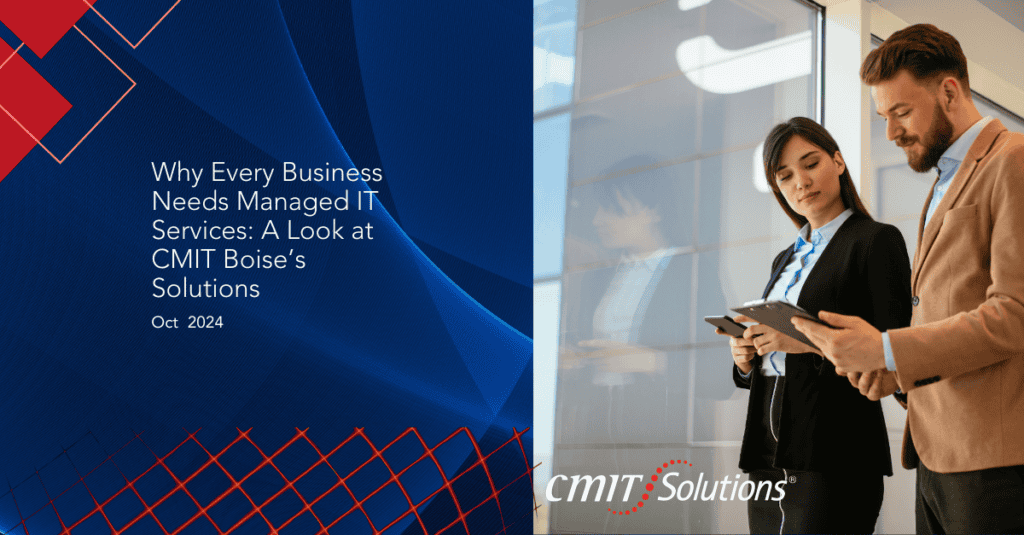In the digital age, email remains one of the most critical communication tools for small businesses. However, with convenience comes risk. Cybercriminals have increasingly targeted emails as entry points to access sensitive business data, launch phishing attacks, and distribute malware. For small businesses, which often lack the expansive IT infrastructures of large enterprises, email security is not just important—it is non-negotiable.
The Rising Threat Landscape for Emails
Small businesses face a variety of email-based threats, including:
- Phishing attacks: Deceptive emails trick employees into sharing credentials or clicking on malicious links.
- Spoofing and impersonation: Fraudsters pose as trusted contacts to manipulate recipients.
- Malware attachments: Malicious files can infect systems and compromise data integrity.
- Ransomware delivery: Emails are a common vehicle for distributing ransomware, potentially halting operations.
These threats underscore the need for comprehensive cybersecurity solutions. In fact, CMIT Solutions of Boise highlights these risks in their ultimate guide to cybersecurity for Boise businesses, emphasizing the urgency of proactive protection.
Why Email Security Matters More Than Ever
The hybrid work model has expanded attack surfaces. Employees accessing emails from multiple devices and networks creates more entry points for bad actors. This makes securing emails across endpoints and cloud-based platforms crucial.
CMIT Solutions of Boise recognizes this evolution. Their IT solutions not only boost productivity but also ensure secure and streamlined communication in a modern business setting.
Key Components of a Strong Email Security Framework
To fortify your business against email threats, your strategy should include:
- Spam Filters & Malware Scanning: Advanced filters that detect and quarantine suspicious content.
- Multi-Factor Authentication (MFA): Adds an extra layer of protection beyond just passwords.
- Email Encryption: Safeguards sensitive content during transit.
- Employee Training: Educating staff to recognize and report suspicious emails.
- Email Backup Solutions: Ensures recoverability in case of data loss.
As part of a managed IT services package, these tools can be implemented seamlessly, reducing complexity and cost.
Real-World Scenarios: How Email Breaches Occur
Consider a scenario where an employee unknowingly clicks on a malicious link from what appears to be a trusted vendor. Suddenly, ransomware is installed. Operations are frozen, and data is encrypted. CMIT Solutions of Boise tackles this issue in-depth in their discussion on remote ransomware, offering guidance on how to prevent such breaches.
How Unified Communication Enhances Security
A fragmented communication environment increases security risks. Integrating tools through unified communication solutions like those offered by CMIT Boise streamlines collaboration and reduces vulnerabilities.
When communication systems are centralized and monitored, it becomes easier to spot anomalies, manage access controls, and implement updates. The result? A more secure and efficient workflow.
Backup and Disaster Recovery: Essential for Email Continuity
Imagine your email servers go down due to a cyberattack or natural disaster. Can your business afford the downtime? With the importance of data backup and disaster recovery clearly outlined by CMIT Boise, the answer is clear: preparedness is key.
Email systems should be backed up regularly, and a tested disaster recovery plan should be in place to restore functionality swiftly.
Regulatory Compliance and Secure Emails
Regulatory frameworks like HIPAA, GDPR, and others require strict email security protocols. Non-compliance can result in severe penalties.
Small businesses must stay updated with evolving data rules and regulations to avoid legal pitfalls and build customer trust.
Common Mistakes That Compromise Email Security
- Weak Password Policies: Default or repeated passwords are easy targets.
- Lack of Encryption: Leaving sensitive content unprotected.
- No Phishing Simulations: Employees unprepared for real threats.
- Outdated Systems: Vulnerabilities in unpatched email servers.
- Removable Media Usage: Hidden risks of infected USBs and drives entering your ecosystem.
AI and Future-Proof Email Security
Artificial Intelligence (AI) is revolutionizing cybersecurity. It can analyze email patterns, detect anomalies, and flag potential threats in real-time. Learn more about this transformation in CMIT Boise’s AI-focused article.
AI-driven tools are increasingly integrated into modern cybersecurity suites, giving small businesses access to enterprise-grade protection.
Cloud Email Services: Benefits and Vulnerabilities
Cloud platforms like Microsoft 365 and Google Workspace offer scalability and access, but they are not immune to attacks. Misconfigured settings and weak access policies can leave businesses vulnerable.
Cloud computing has reshaped how businesses function. Still, cloud-based email systems need to be protected with the same rigor as on-premise solutions.
Partnering with Experts Makes the Difference
Implementing a holistic email security framework can be overwhelming. That’s where trusted partners like CMIT Solutions of Boise come in. Their IT guidance ensures you make informed decisions aligned with your goals.
A knowledgeable MSP can help:
- Assess vulnerabilities
- Deploy best-in-class tools
- Monitor systems continuously
- Train employees effectively
- Respond quickly to incidents
Building a Culture of Security
Email security is not just about technology; it’s about people. Foster a culture where employees feel responsible for cybersecurity. Regular training, easy reporting channels, and incentivized vigilance can make a significant difference.
CMIT Boise’s managed IT services for small businesses reinforce this approach, blending technology with human-centric policies.
Conclusion: Email Security Is Business Security
In an era where digital communication powers everything from sales to service delivery, email security has become inseparable from overall business protection. Small businesses, often operating with limited resources and under the radar of larger threat monitoring systems, are particularly vulnerable. But that doesn’t mean they’re defenseless.
By recognizing email as a critical vulnerability—and treating it with the seriousness it deserves—you can close one of the most exploited gateways into your business. From phishing and ransomware to Business Email Compromise, the threats are real, but so are the solutions. Robust filters, multi-factor authentication, encryption, employee training, and ongoing monitoring are no longer “nice to have”—they are essential.
With expert partners like CMIT Solutions of Boise, small businesses gain access to enterprise-grade protections without the overhead of managing it all in-house. Their integrated approach combines email security with broader





